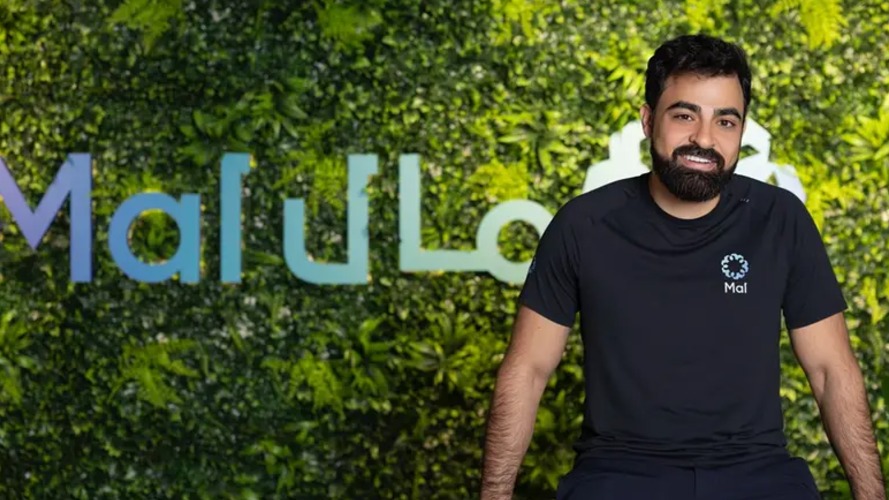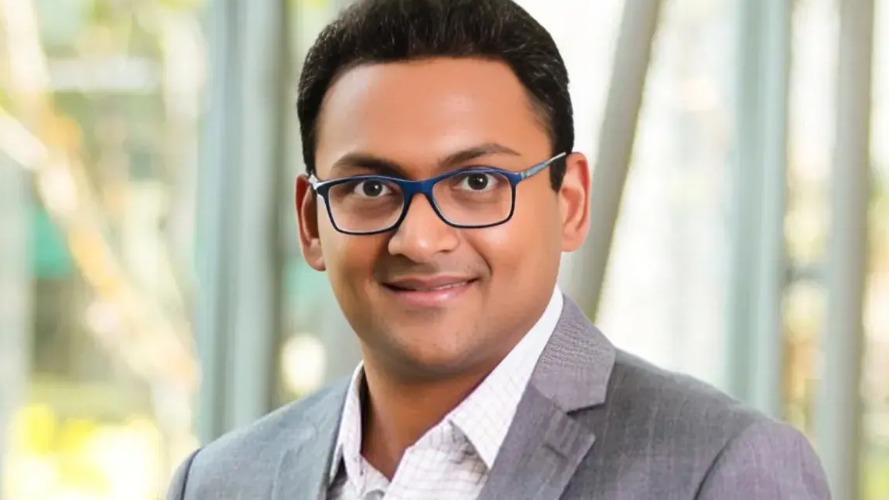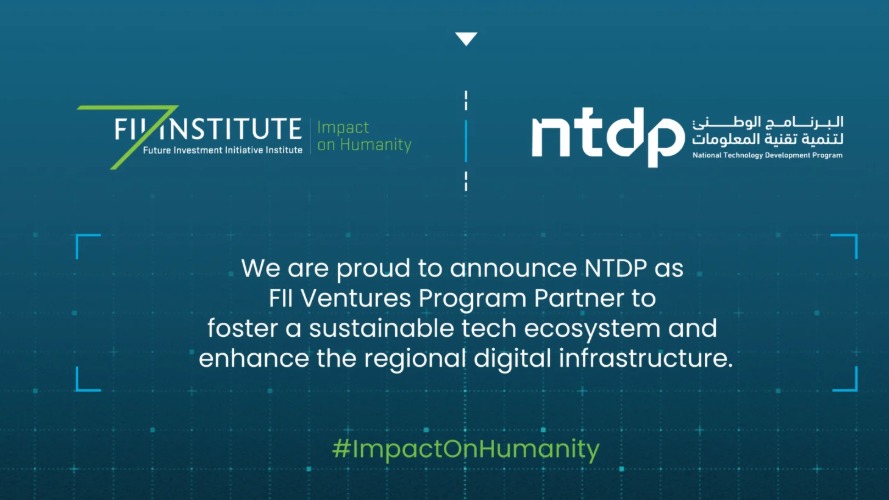ADIB, Hub71, and DIFC launch the UAE Cybersecurity Innovation Challenge in Abu Dhabi, inviting startups to secure AI-driven finance.
The future of money will depend on trust. And in a digital world, trust depends on security.That idea sits at the heart of the UAE Cybersecurity Innovation Challenge, launched by ADIB Abu Dhabi Islamic Bank in partnership with the DIFC Innovation Hub and supported by Hub71. On paper, it’s a startup competition. In reality, it’s something larger — a collective effort to design a safer financial future, one where artificial intelligence and cybersecurity work hand in hand to protect the digital foundations of global finance.
The challenge arrives at a critical time. Across the world, financial systems are becoming faster, smarter, and more interconnected. Open banking, blockchain, tokenized assets, and predictive algorithms are changing how money moves, how credit is assessed, and how risk is managed. But with that progress comes an equally fast-moving threat landscape. Cyberattacks are growing more complex, data breaches more frequent, and fraud more automated. As one Hub71 executive put it, “Securing the future of finance starts now. The next phase of innovation must be about trust, not just speed.”
For Abu Dhabi, this initiative is as strategic as it is technical. The UAE is positioning itself as a global hub for financial innovation, but it knows that digital growth without digital defense is a fragile bet. The challenge is designed to attract CyberTech startups that can bring fresh intelligence to how banks, fintechs, and governments secure the digital economy. By combining AI with deep sector expertise, organizers hope to surface solutions that not only detect threats but prevent them before they happen.
The use cases outlined in the program go far beyond firewalls and anti-fraud systems. Startups are being asked to build tools that secure digital assets and blockchain transactions through encrypted custody, network assurance, and key management aligned with Shariah compliance — a defining element in Islamic finance. Others will focus on AI-powered compliance systems that continuously monitor regulatory frameworks and automatically enforce policies across partner networks. These are not side projects. They are the next layer of global banking infrastructure.
Another area of focus is the use of generative and agentic AI for testing and defense. Startups will be challenged to build systems capable of automated penetration testing, instant threat response, and adaptive protection across internal and external networks, including low-code and cloud environments. Data privacy will also take center stage, with opportunities to automate data discovery, anonymization, tokenization, and cross-border compliance — critical for financial institutions operating under diverse legal jurisdictions.
Cloud and SaaS security automation is emerging as another major theme, reflecting how the financial sector is rapidly moving toward distributed architectures. Startups are expected to design solutions that continuously assess cloud security posture, identify vulnerabilities, and automate fixes before breaches occur. Meanwhile, ADIB envisions the creation of an AI-powered Security Operations Center, a next-generation SOC where risk modeling, detection, and patching happen autonomously and in real time.
The human layer of cybersecurity remains just as important. Organizers are encouraging startups to explore AI-driven education and awareness tools that train employees and customers to recognize threats before they spread. “Technology alone won’t save us,” said one ADIB innovation lead. “It’s how we empower people with it that will define whether the system is resilient.”
The initiative is open to startups across all stages of maturity, from prototype to growth, though ADIB and its partners are expected to prioritize enterprise-ready scaleups with proven pilot projects or commercial clients. The challenge brings together an impressive roster of supporters including the UAE Cyber Security Council, CyberE71, Al Etihad Payments, Microsoft, Visa, KATIM, and Shorooq Partners. It’s a rare alliance of government, finance, and global tech companies rallying around one shared mission: to make digital finance safer for everyone.
For startups, the opportunity goes well beyond competition. Finalists will gain access to ADIB’s enterprise infrastructure, mentorship from cybersecurity and compliance leaders, and the potential to pilot their products within the bank’s ecosystem. The challenge also represents a new frontier for innovation — the rise of Shariah-compliant cybersecurity, where the principles of ethical finance meet the capabilities of advanced artificial intelligence.
A Guide to Applying
Applications for the UAE Cybersecurity Innovation Challenge are now open through Hub71’s official portal. Startups should begin by identifying which use case best fits their product, whether it’s blockchain protection, AI-driven compliance, or cloud security automation. Each applicant must submit a short company summary outlining its product, stage of development, and funding level. Categories include Prototype, Pre-launch, Launched, Growth, and Mature. Enterprises with existing implementations or partnerships will have an advantage.
Applications will be evaluated by ADIB and its partners based on innovation, scalability, and impact. Selected finalists will pitch live later this year, presenting their solutions directly to financial and technology leaders in Abu Dhabi. For many, this is a rare gateway into enterprise collaboration and regional expansion.
At its core, the challenge represents something larger than banking or cybersecurity. It’s about trust in a world increasingly governed by machines. As Abu Dhabi strengthens its reputation as a capital for innovation, initiatives like this reflect a deeper truth: the future of finance will not only be digital, it will have to be secure. And that security will be built not by algorithms alone, but by people who understand both technology and the responsibility that comes with it.






